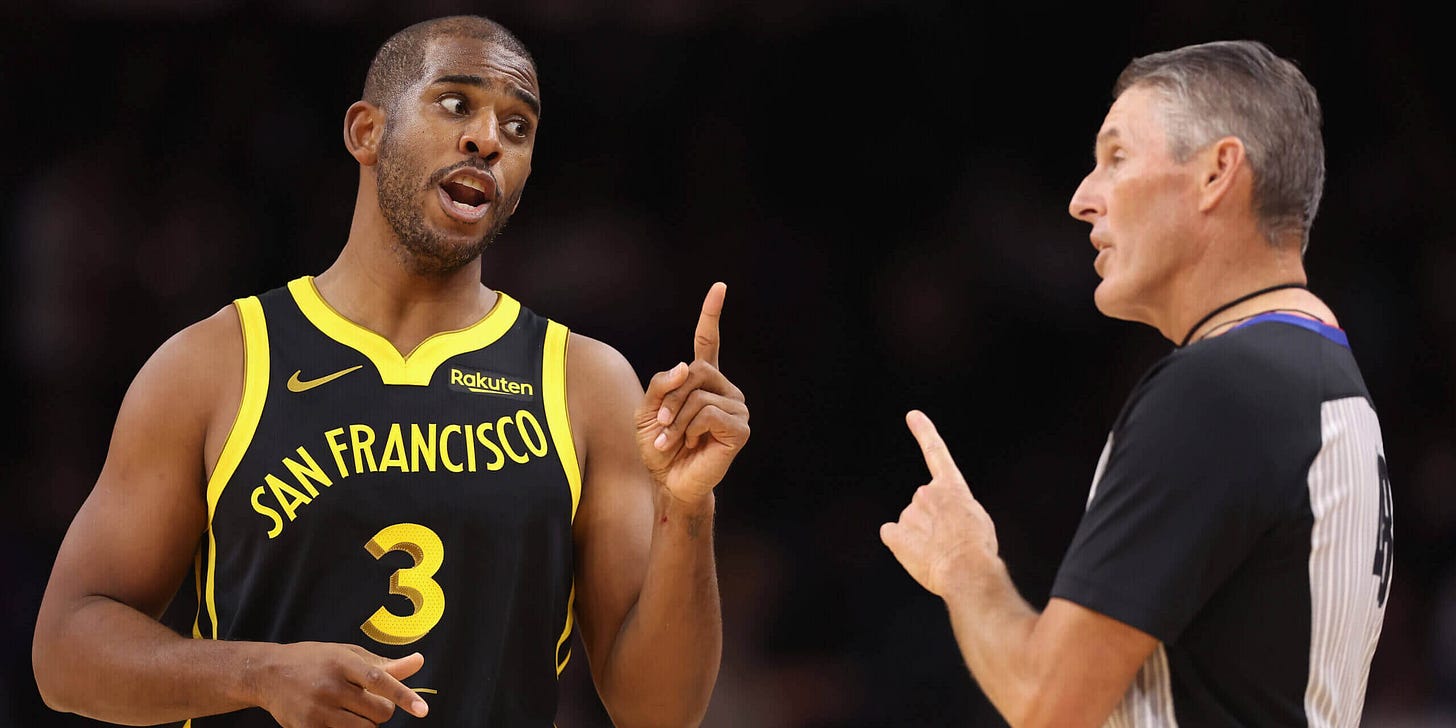The Referee's Dilemma: No Room for Error
Why Referees Can't Afford to Slump: A Harsh Reality Check
We've all been there - a bad game, a series of mistakes, and suddenly our confidence is shattered. But while basketball players are often given second chances after a bad performance, referees are held to a much higher standard. One or two mistakes can be detrimental to our careers, and it's a harsh reality we must face.
The Double Standard
A star player has a bad game, and the coach, teammates, and even the media offer words of encouragement and support. "He's just having a bad day," they say. "She'll bounce back." Even if they receive harsh criticism, the focus is on the performance, not the player's identity. The implication is that even the best players can have a bad day, but they're still great players.
However, when a referee makes a mistake, it's a different story. The coach, players, and fans are too quick to criticize, and the media scrutiny can be overwhelming. The focus is not just on the mistake but on the referee's competence and character. One mistake or one bad game can instantly label a referee as "incompetent" or "bad." The implication is that a referee's worth is tied to their performance, and a single mistake can define their entire career.
It's a double standard and a harsh truth that's hard to ignore.
But why is this the case? The important reason is that referees are held to a higher standard of perfection, even an unrealistic standard. We're expected to make the right call every time, without exception. Players, on the other hand, are allowed to make mistakes and learn from them. Another reason is that referees are often seen as the "bad guys" - we're the ones who make the calls that can change the outcome of the game. It's a tough role to fill, and it's easy to get caught up in the pressure and criticism.
Finding Your True North
So, how do we overcome a slump and regain our confidence? It starts with finding our true north - our purpose, passion, and values. When we're struggling, it's easy to lose sight of why we became referees in the first place. We get caught up in the pressure, the criticism, and the fear of making mistakes. But when we take a step back and reconnect with our WHY, we can regain our focus and confidence.
For me, my true north is about providing a fair and safe environment for the players. It's about being a neutral third party who makes decisions based on the rules, not on personal biases or emotions. When I'm struggling, I remind myself of this purpose, and it helps me stay focused on what's important.
But finding your true north isn't always easy. It takes self-reflection, honesty, and a willingness to confront our fears and doubts. It's a process that requires patience, persistence, and a commitment to growth. And it's not something we can do alone - we need support, guidance, and encouragement from others.
Related Read: True North by Bill George
The book's ideas on developing a strong sense of purpose, values, and principles can be particularly relevant to referees who face high-pressure situations and need to make quick decisions while maintaining their integrity.
The Power of Mentoring
Another key factor in overcoming a slump is the power of mentoring. As referees, we often work in isolation, but we don't have to. Seeking guidance and support from experienced referees or mentors can be a game-changer. They can provide constructive feedback, offer words of encouragement, and help us identify areas for improvement.
I've been fortunate to have mentors throughout my career, and they've made a huge difference. They've helped me see things from different perspectives, provided feedback on my performances, and encouraged me to keep going even when things were tough. They've also helped me develop a growth mindset, which is essential for overcoming a slump.
The Importance of Self-Care
In addition to finding our true north and seeking guidance from mentors, self-care is also essential for overcoming a slump. As referees, we're often so focused on the game that we forget to take care of ourselves. We neglect our physical and mental health, and we pay the price.
But self-care isn't just about taking care of our physical health - it's also about taking care of our mental and emotional well-being. It's about recognizing our emotions, acknowledging our fears and doubts, and taking steps to manage them. It's about practicing mindfulness, gratitude, and self-compassion.
To avoid getting caught up in the storm, we need to be mentally strong.
Conclusion
While referees can't afford to slump, we can learn from our mistakes, find our true north, and come back stronger with the right support and guidance. It's not easy, but it's a harsh reality we must face. By recognizing the double standard, finding our true north, seeking guidance from mentors, and practicing self-care, we can overcome any slump and continue to thrive as referees.
So, the next time you're struggling, remember that you're not alone. Take a step back, find your true north, and seek out the support and guidance you need. With the right mindset and support, you can overcome any slump and continue to provide a high level of officiating.





